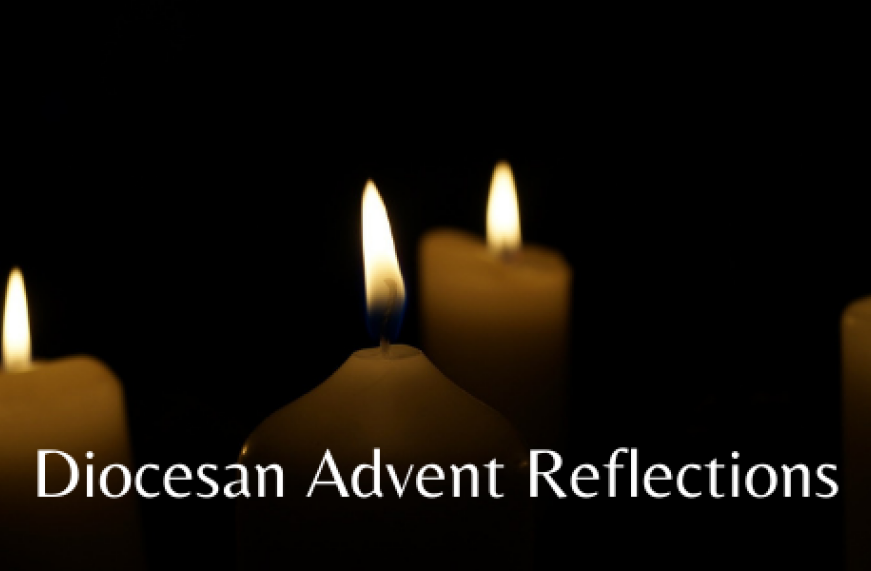Daily Advent Reflection: December 25

Christmas Day
Psalms 2, 85 · 110:1-5(6-7), 132
Zech. 2:10-13
1 John 4:7-16
John 3:31-36
Beloved, since God loved us so much, we also ought to love one another. 1 John 4:7
Long ago – more years than I care to count – I was working my way through a graduate degree in Nursing School. One of my teachers was a bright woman named Libby Dayani. One time we were talking, and she recounted a difficult time in her marriage. Not just a “rough patch.” She and her husband had separated, she was determined to divorce.
As usually happens, they met with lawyers. She was ready to hear his list of demands. Only… he didn’t have any. Why not? - she blurted out. Because I love you. And he wouldn’t budge. In fact he wanted for her to have everything. The house, the car, the money. Everything. No matter how hard she pressed him, he made no demands, only told her that God had shown him a way to love and he was dedicated to that way.
Now, Libby was a Christian, but was not so generous as her husband. He was born and raised in Saudi Arabia. He came to the US for college, where a friend had given him a copy of the New Testament. He read through it until he got to the thirteenth chapter of First Corinthians. He read through that chapter once, then twice. Then again and again, and as so often happens, the Holy Spirit struck and he vowed to follow this Jesus… He was converted by love. Pure, vulnerable love.
Libby’s husband’s vulnerability chipped away at her anger and softened the hardness of heart that hurt had caused. She gave up. His vulnerability, his love, and restored their relationship.
What does it mean to be vulnerable to another person? It is to relinquish any power you have over that person, giving it to them so that they have the power to love or to hate you, to treat you horribly or well. Please let me be clear – this is not an argument that people should remain in abusive relationships! It is, however, a call to forgiveness, to the healing of one’s own heart.
It is exactly this vulnerable love that we celebrate today as we remember the birth of a tiny baby, long, long ago. Jesus, so weak, vulnerable, and new, laid in a manger on a bed of hay, teaches us what it means to love. That vulnerability will continue to be his constant companion throughout life, even until he is mocked by those who would send him to his death, death on a cross.
We are called to imitate God’s vulnerability. When we are vulnerable, we know a love that is palpable, that nourishes us, that slakes our thirst, that shows us, in turn, how to love one another. It mocks all pride. It tenderly lifts up those whom we look down upon while assuring us that we are not made any less by bowing down, by loving generously. You will have known about this sort of vulnerability any time you have been thrust into a situation of conflict. Whether it be your family, church, work, friendships. Perhaps you can think of a place where vulnerability would be a healing balm? The greatest of gifts.
Remember these words as we move together from Christ’s birth onward: Love is patient; love is kind; love is not envious or boastful or arrogant or rude. It does not insist on its own way; it is not irritable or resentful; it does not rejoice in wrongdoing, but rejoices in the truth. It bears all things, believes all things, hopes all things, endures all things. Love never ends. - 1 Corinthians 13: 4-8a
The Rev. Martha Branson Berger
Retired Clergy, Episcopal Diocese of Milwaukee
